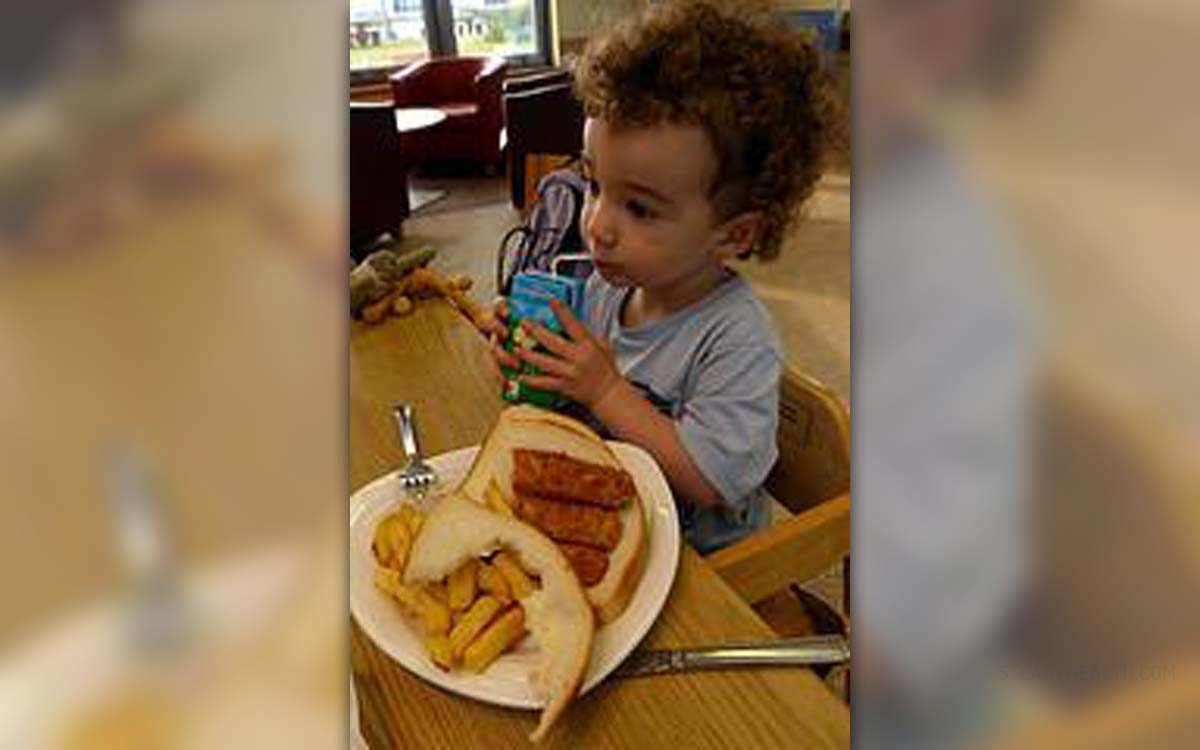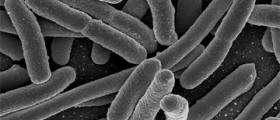
E. coli is a certain bacterium which is known to live in the intestines of people and animals that are healthy. E. coli is actually Escherichia coli. There is more than one serotype of this bacterium and fortunately only a few of them cause damage to certain organs and organ systems. It is most likely that a person who is affected by E.coli detrimental serotypes will experience a brief diarrhea. However, not all the types of such bacteria are harmless and there are several which are considered to cause serious problems. One of the most problematic is named E. coli O157:H7. This bacterium is known to be the main cause of severe abdominal cramps, bloody diarrhea and vomiting. E. Coli can be Harmful
Every person can be exposed to E. coli because it can be located in contaminated food or water. The bacteria are known to be found on the surface of lots of raw vegetables and in undercooked ground beef, among other foods. When an adult gets infected with E. coli O157:H7, the infection usually lasts for a period of 7 days in almost all cases and after that time the person soon recovers. On the other hand, if children or young adults get infected, the situation is much more problematic due to the fact that they can develop a life-threatening form of kidney failure known as hemolytic uremic syndrome. Diagnosing an infection caused by E. coli bacterium is not a difficult process and it consists of taking and analyzing stool samples. These samples are sent to a lab where they are tested for the presence of the bacterium.
Why are Children More Prone to E. Coli?
Getting to know the symptoms and signs of E. coli is very important, especially in case of children and young adults. The main reason why that is so, is because children and young adults have a lot more chance of not recovering after a week or so and are prone to a health issue affecting the kidneys called hemolytic uremic syndrome or HUS.
The most commonly seen signs of E. coli infection are severe, hemorrhagic diarrhea and abdominal cramps. In some cases a strong fever is present as well but fever may also be moderate or even mild. The condition of HUS is dangerous because it destroys red blood cells and the kidneys stop working. According to available data, no more than 7% of all E. coli infection cases lead to this complication. In almost all patients a type of the bacterium called E. coli O157:H7 is isolated from the stool.
According to data, children under the age of 15 are most prone to suffering from E. coli infection. It is estimated that 0.7 cases out of 100 000 in the United States alone are children under the age of 15. Up to 85% of cases are caused by exposure to the pathogen through food. 10% of all the patients develop HUS and no more than 5% of those patients die because of it.
Methods of Prevention of E. Coli
Every illness is better to prevent than treat but that is not always easy. A person who is infected with the bacterium can follow some tips that will help him or her avoid dehydration and reduce the symptoms until he or she recovers. Drinking lots of clear liquids like water, clear sodas, broths and juices is important. Consumption of coffee, alcohol and pear juice should be avoided. Foods need to be added gradually and some foods like dairy products, fatty foods and high-fiber foods need to be avoided.
When prevention is considered, there are a lot more tips which can be useful. First of all, it is important to know that there is no vaccine of medication which can protect someone from getting infected with the bacterium entirely. The best way a person can avoid getting infected is by not consuming risky foods and watching out for cross-contamination.
Pink hamburgers are considered to be the riskiest food when infection caused by E. coli is considered. It is important that meat is well-done and brown before it is consumed. Using a meat thermometer is a good thing to do. The meat should be heated to at least 160 F at its thickest point.
Drinking pasteurized milk, juice or cider is important as well. Raw products need to be washed properly before being used. Washing will not always get rid of all the bacteria but proper rinsing will remove dirt and reduce the total number of bacteria.
When cross-contamination is considered, it is important to wash utensils using soapy hot water. Knives, countertops and cutting boards need to be properly washed before getting in contact with meat or fresh produce. Keeping the raw food separated from other foods is essential.
Washing the hands before preparing the food or eating is highly recommendable. Washing the hands after using the bathroom and changing diapers is important as well.

















Your thoughts on this
Loading...